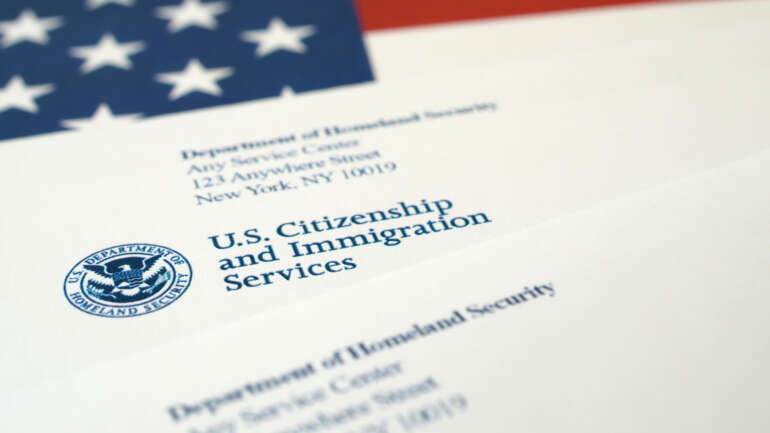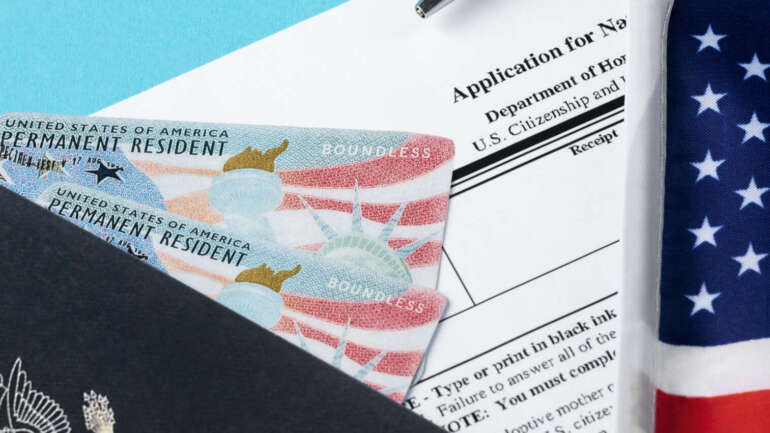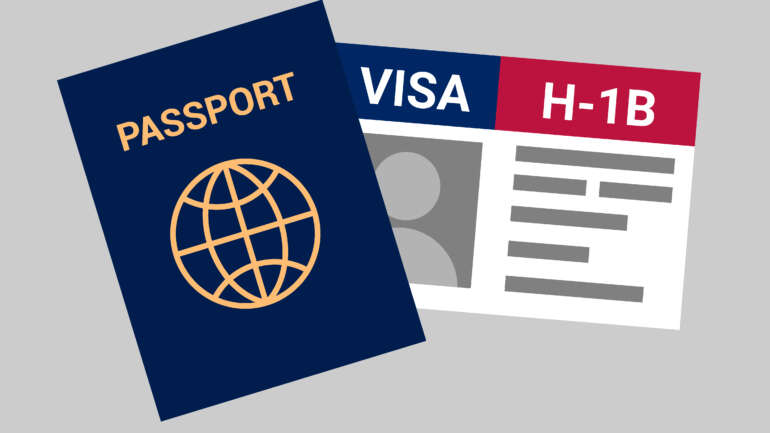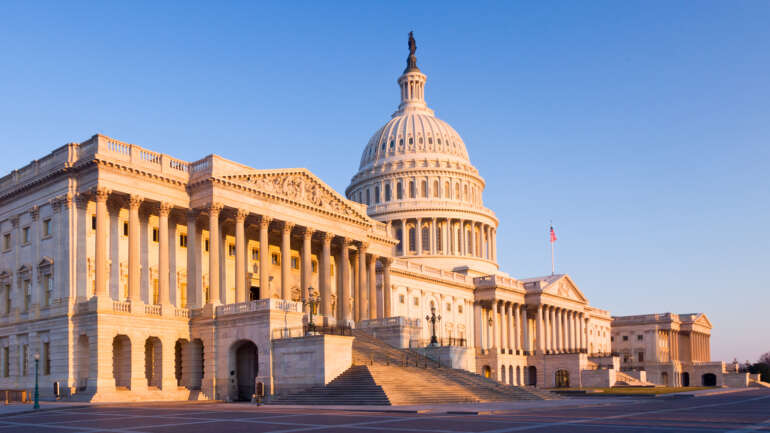There has been reports and examples of problems arising from USCIS transfers of I-129F petitions to the NVC. There has been a significant delay in the transfer of approved I-129F petitions from USCIS to the NVC, with the process taking an average of three to five months, much longer than anticipated. Upon receiving the petitions, the NVC’s creation of cases…










